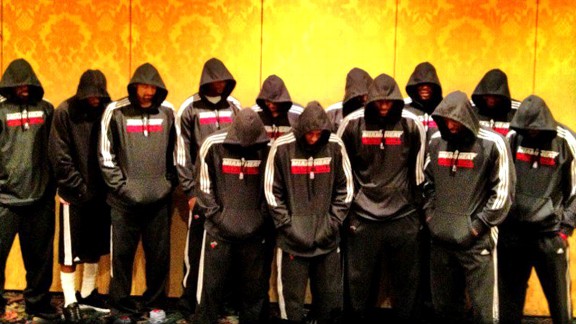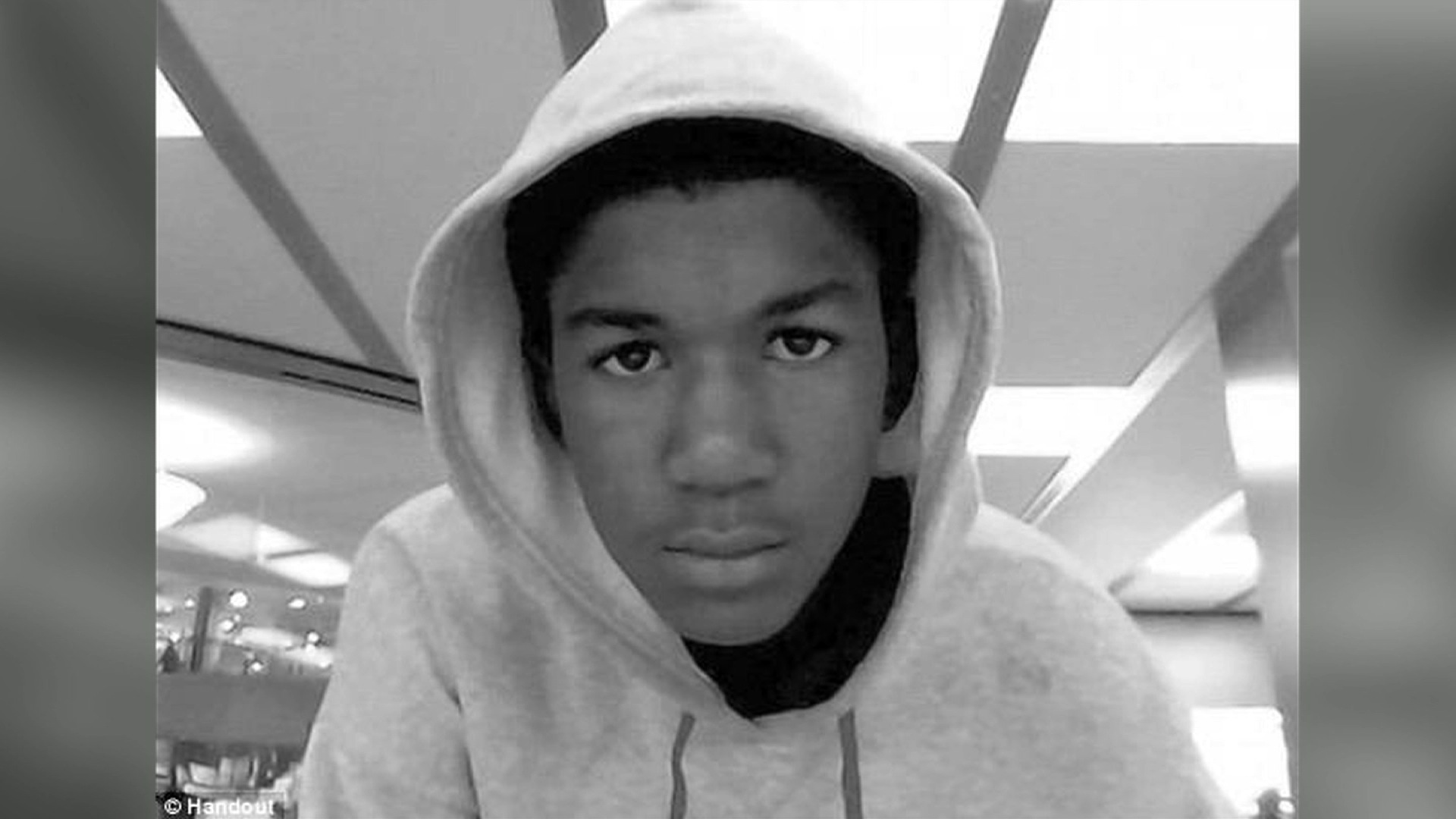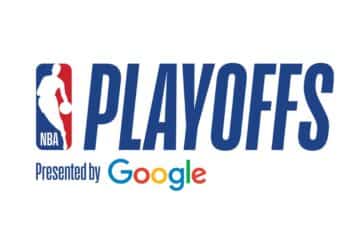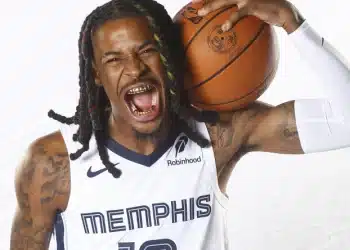By: Zachary Draves
It was the night of February 26, 2012 and the NBA All Star Game was taking place in Orlando, Florida.
A night full of excitement and thrill that turned into tragedy and heartbreak.
Just before tipoff, 17 year old Trayvon Martin, who lived 20 miles east in Sanford, put on his hoodie and went to grab skittles and iced tea from a local gas station.
(Courtesy: AP Photo/Martin Family Photos)
As he was walking back home, he was confronted by neighborhood watch, wannabe cop, and routine domestic abuser George Zimmerman.
Zimmerman had called local police reporting a “suspicious guy” that was walking by in the neighborhood that he claimed had a series of break-ins.
He said “We’ve had some break-ins in my neighborhood, and there’s a real suspicious guy.”
Furthermore he described Trayvon by say that “he looks like he is up to no good or he is on drugs or something.”
On the phone with the dispatcher, Zimmerman can be heard saying, “these a—h—-, they always get away.”
The dispatcher told him to not pursue Trayvon but he approached him anyway.
Then, he proceeded to attack and eventually shot and killed an unarmed Trayvon in cold blood.
It was a clear case of racial profiling that ended a young black man’s life and became the catalyst for the Black Lives Matter movement just as the murder of Emmett Till in 1955 would ignite the Civil Rights movement.
Zimmerman claimed self-defense using Florida’s so-called Stand Your Ground law that stated if someone feels threatened then the use of lethal force was somehow necessary.
His defense and certain right wing media outlets like the Daily Caller went to extravagant lengths to criminalize Trayvon and make him out to be the culprit rather than the victim.
His hoodie became symbolic for that narrative with some like Fox News’ Geraldo Rivera claiming that the hoodie was “just as responsible” for his death because a black man wearing that type of clothing somehow automatically conveys criminality.
A tactic that wasn’t new given that blackness and black masculinity has been weaponized by media figures and policymakers to legitimize behaviors and policies that brutalize, stigmatize, and marginalize black communities in the form of the War on Drugs, police brutality, etc.
On June 10, 2013, Zimmerman was acquitted of second degree murder and manslaughter.
It was a tragedy that catapulted many into action around the issue of racial profiling and the hyper criminalization of black men and boys and that included the world of sports.
Prior to 2012, athlete activism was virtually non-existent with the sports world following the blueprint laid out by the likes of Michael Jordan, which was premised on not speaking out about anything political and not to rock the boat when it came to endorsements and potential consumers.
But this tragedy changed all that and it was one picture that helped to crystalize a movement in that was in the making.
In the immediate aftermath of Trayvon’s death, the Miami Heat led by LeBron James, Dwayne Wade, and Chris Bosh did their part and took a team picture donning their hoodies in solidarity with Trayvon and his family.

(Courtesy: ESPN.com/LeBron James)
It was as powerful a statement against injustice as Tommie Smith and John Carlos at the Mexico City Olympics in 1968.
(Courtesy: Reuters/Rebecca Cook)
This moment resonated with LeBron, Wade, and Bosh and others because much like Trayvon they were black men in America and no amount of money, fame, or power erases that as expressed in the 2018 Showtime documentary Shut Up and Dribble.

(Courtesy: Youtube)
Justin Tinsely, sports and culture writer for ESPN’s The Undefeated and Around the Horn panelist, says this was an integral part of sports because of the context in which it happened.
“It is impossible to not think of Trayvon Martin and athlete activism because he just wanted to get home to watch the All Star game” he said.
He also spoke to how this shaped the athletes’ mindset when it came to speaking out on social and political matters that we are now seeing come to fruition in the present day.
“You see what your talent has afforded you and you would be doing a disservice if you didn’t speak up” he said.
“There is no amount of money that can replace a good heart and the world will remember you for that.”
The athletes of today fully realize that they are not robots with legs that are brought to you buy Gatorade but rather concerned citizens who just happen to run and jump.
As for Trayvon Martin, he should still be with us but he will not be forgotten and the quest for justice has not diminished by any stretch.
10 years later, we continue to say it loud and proud without compromise Black Lives Matter.


 NFL
NFL





